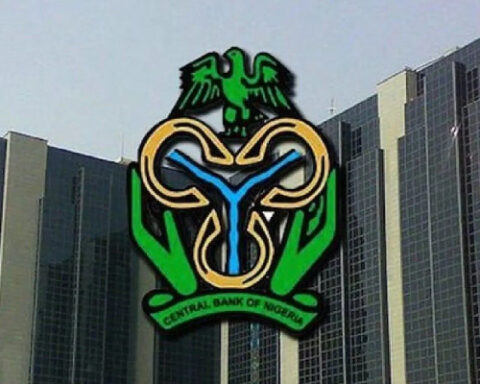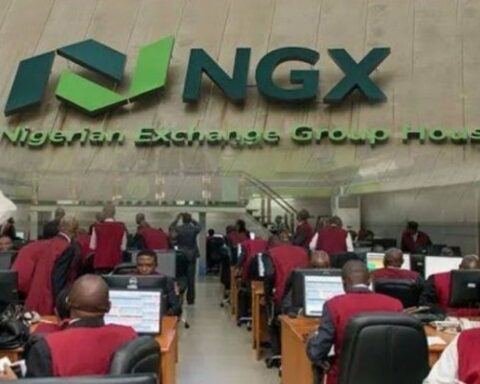By Ademola Tijani
The Nigerian National Petroleum Company Limited (NNPC), which recently embarked on exporting Liquefied Natural Gas (LNG) to Japan and China, marking a significant development in its operations, has described the development as a milestone.
The shipments are being carried out on a Delivered Ex-Ship (DES) basis, reflecting NNPC’s ambition to position itself as a leading global energy supplier.
According to the company, the development milestone was made possible through the collaborative efforts of its two key downstream subsidiaries: NNPC LNG Ltd and NNPC Shipping Ltd.
These subsidiaries successfully delivered their first LNG cargo from the 174,000m³ vessel, Grazyna Gesicka, to Futtsu, Japan, on June 27, 2024. Following this, NNPC expanded its reach to China with the delivery of another LNG cargo.
Despite this achievement, domestic consumers in Nigeria are grappling with a sharp increase in the price of Liquefied Petroleum Gas (LPG), commonly known as cooking gas. The current price of refilling cooking gas per kilogram has surged to N1,300 as of August, up from N900 per kilogram just a few months ago.
This price hike has raised concerns, especially considering Nigeria’s standing as the 12th largest producer of natural gas in the world. The question on many minds is why, despite this abundance, the product remains out of reach for the average Nigerian consumer.
Data gathered by the Daily Query reveals that Nigeria’s gas reserves stand at 180,490,000 million cubic feet (MMcf), with production levels at 3,009,650 million cubic feet (MMcf).
While the country consumes 664,628 million cubic feet (MMcf) of gas, it exports 929,844 million cubic feet (MMcf), making it a net exporter. However, this significant export volume does little to alleviate the domestic price pressures faced by consumers.
When questioned by the press about the soaring gas prices, Ekperikpe Ekpo, the Minister of State for Petroleum Resources (Gas), assured that the Federal Government would take steps to reduce the cost of LPG.
However, how the government plans to achieve this remains unclear, leaving many Nigerians puzzled.
Another pressing issue is gas flaring, which continues to be a major obstacle to increasing gas production.
According to the Ministry of Petroleum, Nigeria flares over 700 million standard cubic feet (SCF) of gas daily from 178 flare sites, a wastage that not only contributes to environmental degradation but also results in a staggering loss of $700 billion in revenue.
Despite these challenges, little has been done to address the issue.
The importance of gas to Nigeria’s power sector cannot be overstated, as approximately 80% of the country’s electricity generation is thermal-based, relying heavily on gas.
As NNPC continues to export gas to Japan and China, it is crucial to ensure that this move contributes positively to the nation’s foreign reserves.
However, the real challenge lies in balancing these exports with the need to make gas more affordable and accessible to local consumers.
If the government can achieve this, it would alleviate much of the public concern over where the gas is being exported.



























